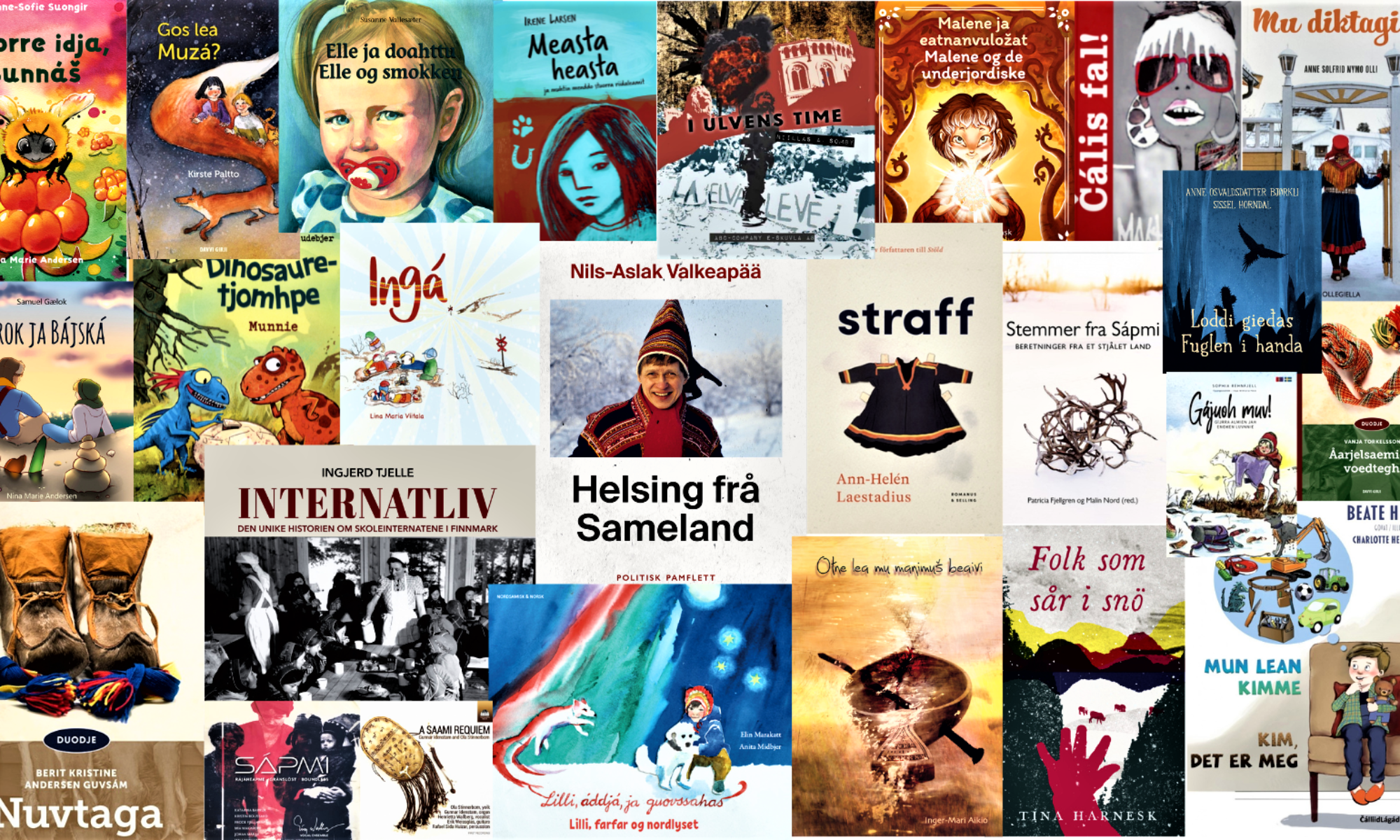 Otso Kortekangas presenterer samene som en aktiv, transnasjonal befolkning i det tidlige tjuende århundres Nord-Europa, og undersøker hvordan utdanningspolitikken påvirket samene bosatt i de nordlige delene av Norge, Sverige og Finland. I denne detaljerte studien utforsker Kortekangas hva argumentene var for mangelen på samisk språk i skolen, hvordan samiske lærere har fremmet bruken av morsmålet sitt i skolesystemene, og hvordan samenes historie er sammenlignet med andre urbefolkninger og minoritetsbefolkninger globalt.
Otso Kortekangas presenterer samene som en aktiv, transnasjonal befolkning i det tidlige tjuende århundres Nord-Europa, og undersøker hvordan utdanningspolitikken påvirket samene bosatt i de nordlige delene av Norge, Sverige og Finland. I denne detaljerte studien utforsker Kortekangas hva argumentene var for mangelen på samisk språk i skolen, hvordan samiske lærere har fremmet bruken av morsmålet sitt i skolesystemene, og hvordan samenes historie er sammenlignet med andre urbefolkninger og minoritetsbefolkninger globalt.
Engelsk tekst.
In the making of the modern Nordic states in the first half of the twentieth century, elementary education was paramount in creating a notion of citizenship that was universal and equal for all citizens. Yet these elementary education policies ignored, in most cases, the language, culture, wishes, and needs of minorities such as the indigenous Sámi.
Presenting the Sámi as an active, transnational population in early twentieth-century northern Europe, Otso Kortekangas examines how educational policies affected the Sámi people residing in the northern parts of Norway, Sweden, and Finland. In this detailed study, Kortekangas explores what the arguments were for the lack of Sámi language in schools, how Sámi teachers have promoted the use of their mother tongue within the school systems, and how the history of the Sámi compares to other indigenous and minority populations globally.
Timely in its focus on educational policies in multiethnic societies, and ambitious in its scope, the book provides essential information for educators, policy-makers, and academics, as well as anyone interested in the history of education, and the relationship between large-scale government policies and indigenous peoples.
ISBN:9780228005698. McGill-Queen’s University Press, 2021. 149 s. Heftet. 265.- (kan kjøpes gjennom Adlibris)
